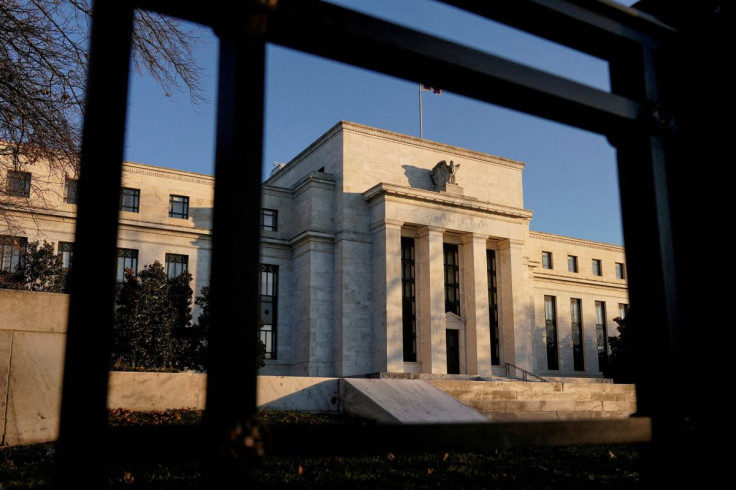U.S. Stock Market Rebound Faces Key Inflation Test

A rally that lifted U.S. stocks from the brink of a bear market faces an important test next week, when consumer price data offers insight on how much more the Federal Reserve will need to do in its battle against the worst inflation in decades.
Despite a rocky week, the S&P 500 is still up over 5% from last month's lows, which saw the benchmark index extend its decline to nearly 20% from its all-time high. The index was recently down about 14% from its Jan. 3 record after losing 1% in the past week.
More upside could depend on whether investors believe policymakers are making progress against surging prices. Signs that inflation remains strong may bolster the case for even more aggressive monetary tightening, potentially spooking a market already battered by worries that a hawkish Fed could deal a serious blow to U.S. growth.
"This market is likely to remain range-bound until we get a meaningful move lower in inflation," said Mona Mahajan, senior investment strategist at Edward Jones, which currently favors large-cap stocks over small-cap, given the ability for larger companies to absorb higher input and wage costs. "Clearly, the print next week is going to be key."
The consumer price index (CPI) for the 12 months through April rose 8.3%, down from an 8.5% annual rate reported in the prior month, which was the largest year-on-year gain in 40 years. Friday's inflation report for May is one of the last key pieces of data before the Fed's June 14-15 meeting, at which the central bank is widely expected to raise rates by another 50 basis points.
If inflation is "continuing to be a problem, the Fed may not have the option of coasting later this year," said Paul Nolte, portfolio manager at Kingsview Investment Management, adding, "The higher the interest rates, the more the struggle for the market."
Nolte has lightened positions in equities broadly in the portfolios he manages, especially in growth stocks, and raised cash levels, pointing to factors such as still-lofty stock valuations.
INVESTORS WEIGH DATA
The CPI report comes as investors gauge how the 75 basis points of monetary tightening already delivered by the Fed this year is affecting growth. Employment data released Friday showed that U.S. employers hired more workers than expected in May and maintained a strong pace of wage increases, signs of strength that could keep the Fed on an aggressive monetary policy tightening path.
Meanwhile, gloomy views from several top business leaders, including JPMorgan Chase's Jamie Dimon and Tesla's Elon Musk, have weighed on hopes that the central bank can cool inflation without hurting the economy. Musk said in an email to executives that he has a "super bad feeling" about the economy and needs to cut about 10% of jobs at the electric carmaker, Reuters reported Friday. [L1N2XQ0PI]
Investors' view of inflation is critical to how they value equities, as higher prices have typically spurred the Fed to raise interest rates, with higher bond yields in turn reducing the value of future corporate profits. Rising prices also raise costs for businesses and consumers.
The S&P 500 trades at around 18.7 times its trailing 12 month earnings, a rich valuation compared to other inflationary periods that suggests investors believe the current level of price increases may not last, according to Jeff Buchbinder, equity strategist at LPL Financial.
LPL believes inflation will eventually fall this year and that companies have solid earnings momentum. The firm's year-end target on the S&P 500 is between 4,800-4,900, which at the low end stood about 16% above the index's level as of Friday afternoon.
Others have been less optimistic. Morgan Stanley strategists earlier this week called the latest rebound just a "bear market rally," and, citing negative trends for earnings and economic indicators, projected the S&P 500 would drop to around 3,400 by mid-August.
"There is consensus agreement that we have likely seen the high prints or the peak inflation numbers in the rear-view mirror," said Art Hogan, chief market strategist at National Securities. "If that proves to not be true ... that is going to tip over the apple cart for markets."
© Copyright Thomson Reuters 2024. All rights reserved.




















